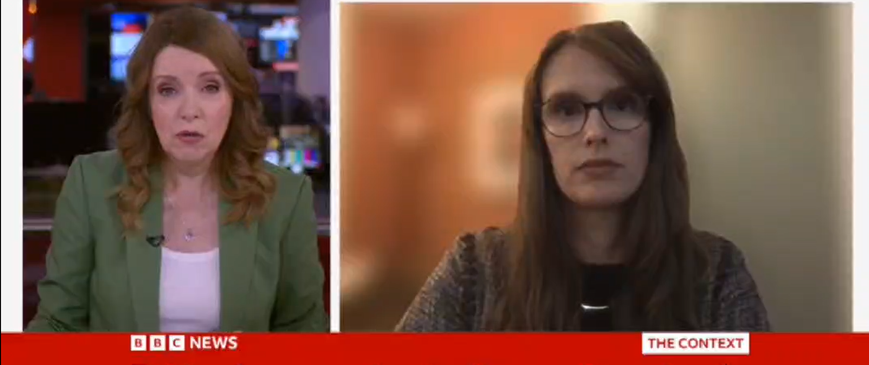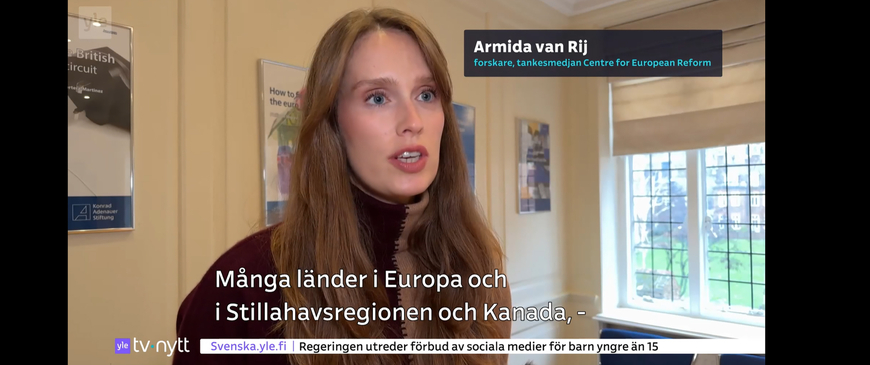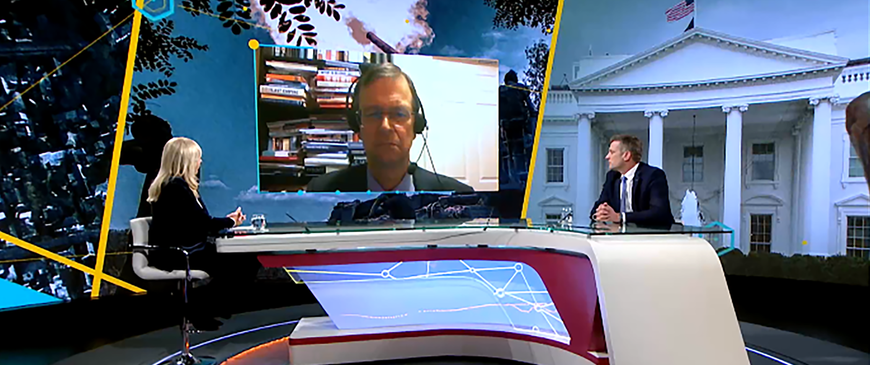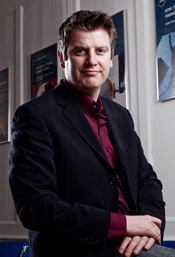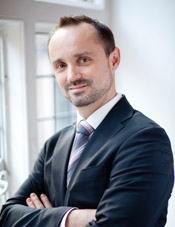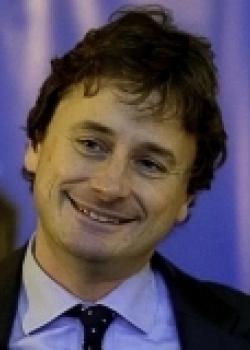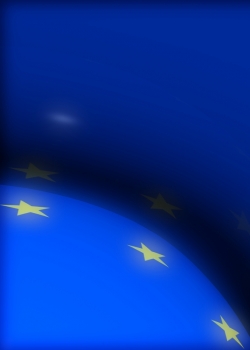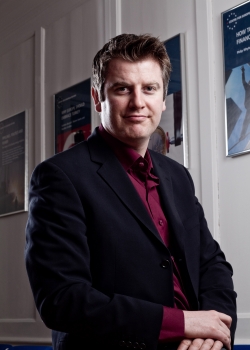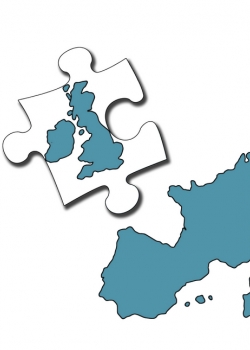Press
Analysis: Greek, French voters reject German-led austerity
06 May 2012
Reuters
"In many ways Spain remains a bigger problem than Greece because of its size," said Charles Grant, of the CER. ..."I think it's very hard to see how Greece can stay in the euro in the long run. It's the only country where there are no signs that the medicine is working.
Next up to take on Europe's debt crisis: Democracy
05 May 2012
LA Times
"Democracy is on its way into the euro crisis," said Hugo Brady of the CER. "While we don't know what that means, it does mean the end of a solely technocratic response to it." ...For Brady, time is of the essence. New fiscal compacts and philosophical discussions by leaders and "Eurocrats" are all well and good, but the present reality demands quick action. "At some point, voters are going to have to step in and say, 'Snap out of this navel-gazing and address the problems here and now,'" he said. "It could be equally destabilising.
Yulia Tymoshenko's plight becomes PR disaster for Ukraine
03 May 2012
The Guardian
Tomas Valasek of the CER puts it like this: "When one sees that five former ministers of the previous government are in jail, but people who are certainly equally corrupt or who are closer to the current government are not being persecuted, I'm sorry, that's not justice, that's vengeance. That's the EU's main problem."
French far right key to election outcome
02 May 2012
Voice of America
"In the campaigning in the second round, Sarkozy has definitely been flirting with the voters of the National Front," said Philip Whyte of the CER. "And that's manifested itself in two areas in particular. The first is on immigration - he's been making some relatively hostile remarks on immigration. And second, he's been making much more protectionist noises on economic policy."
Anti-euro UKIP scents Conservative blood
01 May 2012
Reuters
"The fact that people vote for UKIP in these elections needs to be taken seriously and it does obviously reflect a relatively widespread hostility to Brussels and all its works," said Philip Whyte, at the CER, a think-tank which generally supports the European Union's broad goals. "It's a part of a wider European trend, the fact that the economy across Europe is so weak, that also helps a relatively inward looking agenda, which is what UKIP represents."
12 French far right key to election outcome
01 May 2012
Voice of America
Analyst Philip Whyte is with the CER, in London. "In the campaigning in the second round, Sarkozy has definitely been flirting with the voters of the National Front ... And that's manifested itself in two areas in particular.
Would Orwell be pro-European?
01 May 2012
E!Sharp
George Orwell devoted a lot of his writing to how the use of language is intimately connected to the abuse of power by politicians and officials. The final commandment in Animal Farm (“All animals are equal but some animals are more equal than others”) and the “Newspeak” of Nineteen Eighty-Four...
The 'grey zone' between journalism and policy-makers
01 May 2012
EU Observer
Hugo Brady talks to the EU Observer about a day in the life of a think-tanker. He also analyses the highly politicised discussion on the EU's borderless zone, the Schengen area.
Ihr selbstgerechten Deutschen!
30 April 2012
Die Zeit
Wenn es um die Krise in der Euro-Zone geht, lautet die herrschende Erzählung in Deutschland wie folgt: Es gibt keine Krise des Euro, denn dieser war ein Erfolg. Wenn einige Staaten im Moment in Schwierigkeiten stecken, dann nur deshalb, weil sie an Wettbewerbsfähigkeit verloren und die Maastricht-Kriterien verletzt haben. Die...
France's presidential frontrunner gives markets the jitters
27 April 2012
Voice of America
Analyst Philip Whyte, of the CER, says he understands why markets are jittery about an Hollande presidency. "But of course, once he's in office, he will very quickly be confronted by some of the constraints of office and some of those constraints might be imposed by the bond markets" ... Whyte credits Sarkozy for pushing through a few key reforms - like raising the retirement age - and for his initial leadership in the eurozone crisis. But Whyte faults the French president for letting German Chancellor Angela Merkel dictate eurozone policies today.
UK recession will hit Irish exports
26 April 2012
The Irish Independent
Charles Grant, of the CER, said that the creation of a more integrated eurozone to save the single currency would increase the differences between Britain and the euro area...
Charles Grant on the Stability Treaty
26 April 2012
IIEA
Charles Grant, of the CER, addressed the IIEA on 25 April 2012. He also took the time to answer a number of questions on the Stability Treaty.
Politics force growth back on to Europe's agenda
25 April 2012
Reuters
But Philip Whyte, a senior research fellow at the CER, is skeptical that the eurozone can regain the path of growth unless it corrects what he sees as fatal flaws in the design of the single currency. In the absence of a fiscal union similar to that in the United States, heavily indebted eurozone members such as Spain and Italy are vulnerable to sudden stops in private-sector capital flows, robbing them of policy autonomy, Whyte argued.
Why closing the Irish embassy in Tehran is a mistake
24 April 2012
Politico
The recent furore over the closure of closure of the Irish Embassy to the Vatican drowned out any discussion over the withdrawal of other embassies, including that in Tehran last month. Almost unnoticed, Iran has been lumped in with Timor Leste as one of two other Irish diplomatic missions that...
Divided Europeans caught in vise of austerity
24 April 2012
The New York Times
Simon Tilford, the chief economist at the CER, said countries were being forced to impose fiscal austerity at precisely the wrong point in the economic cycle. "If they attempt to meet fiscal targets, investors punish them because they worry about growth;
Angry EU voters, citizens rebel against austerity
24 April 2012
The Huffington Post
"What is happening in Europe is the austerity drive is actually slowing down the necessary rebalancing of European economies," said Simon Tilford, chief economist at the CER. ... "I don't think there are any examples of countries accepting endless austerity and downward standards of living ...
Economic gloom deepens Europe's political crisis
23 April 2012
The Wall Street Journal
"The eurozone is a sick patient on a bed, and the doctors gathered round can't agree on the diagnosis, so it's hard to heal the malaise," said Charles Grant, director of the CER.
What would a Hollande presidency mean for France and Europe?
23 April 2012
Channel 4 News
Speaking to Channel 4 News, Simon Tilford said that while Mr Hollande's policies on labour market reform and the retirement age were "antediluvian", some of his other ideas were reasonable. "He is right to allude to the risks of excessive fiscal austerity ... When he argues that fiscal austerity will do nothing on its own to address the eurozone crisis, he is on very strong ground. I don't think it would be wise for France to raise tax rates on the wealthy to that extent.
Is Britain on the way out of Europe?
20 April 2012
Social Europe Journal
Ever since they joined the EU in 1973, the British have been sceptical about political integration in Europe. They have valued the economic benefits of membership, notably the single market, but opposed the concept of ‘political union’. The eurozone crisis is now increasing the gap between Britain and much of...
NATO ministers to grapple with Afghan troubles
18 April 2012
Reuters
Edward Burke of the CER said insurgents had received funding siphoned off from international aid sent to help Karzai. "For many European governments, they feel the Karzai administration is too corrupt and too indifferent to the requests of its allies," said Burke.

